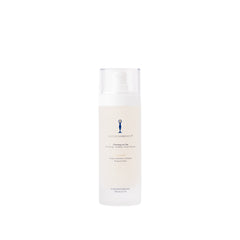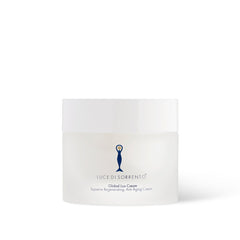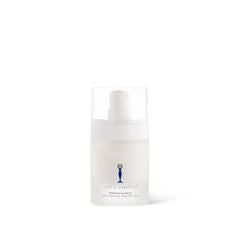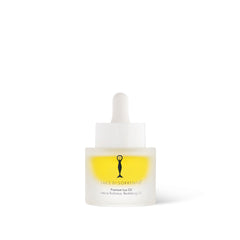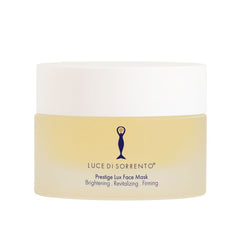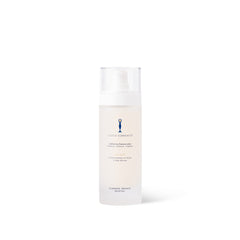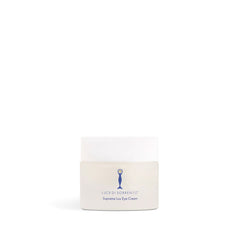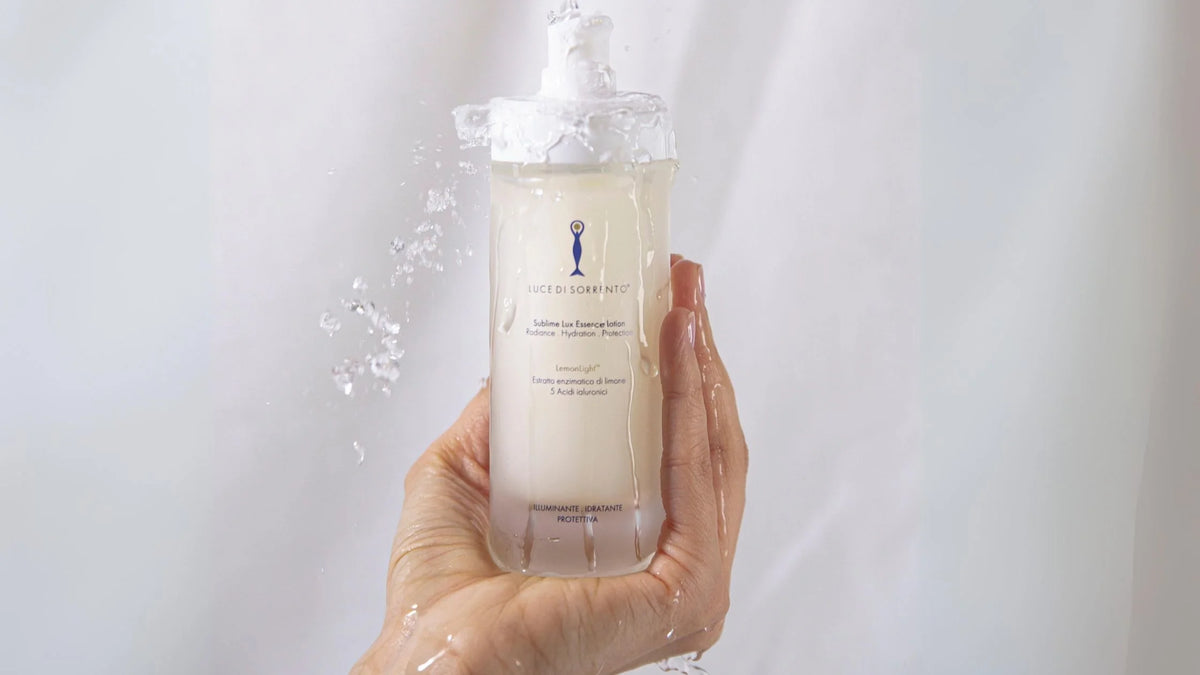

Did you know that some studies have shown that hydrated skin can look younger and healthier up to ten years longer than dry, dehydrated skin?
Keeping your skin hydrated isn't just about skin tone. Hydration provides your skin with the moisture it needs to maintain its elasticity, which helps prevent premature wrinkles. It can also help improve skin texture, reduce inflammation, and promote a more even complexion.
How can you keep your facial skin hydrated and prevent premature aging? Read on to find out!

Water in the skin
The skin is a complex organ, consisting of three distinct layers: the epidermis, the dermis, and the hypodermis. Each of these layers has a specific structure and function, which contribute significantly to skin hydration.
The dermis , located between the epidermis and the hypodermis, contains 70% of the water reserves of the entire skin and transmits water to the epidermis, the most superficial layer of the skin. From the epidermis, however, a certain amount of water is eliminated in the form of water vapor, a phenomenon known as Trans Epidermal Water Loss (TEWL).
The most effective hydrating cosmetics work precisely on this phenomenon by limiting it through:
▪️ substances that promote the binding of water with membrane proteins through chemical interactions;
▪️ substances with hygroscopic properties that absorb and retain water present in the external environment and in the emulsion itself.
In the case of our Luce di Sorrento neurocosmetics we have carefully selected ingredients capable of deeply hydrating the skin such as:
▪️Extra virgin olive oil : strengthens the skin barrier so that it can retain more hydration and improve skin dryness;
▪️ Hyaluronic acid : it is able to retain a significant quantity of providing intense hydration;
▪️ Vitamin C : helps keep skin soft, bright and well hydrated.
Hydrated Skin: Factors That Influence Hydration
Our skin is equipped with sophisticated natural mechanisms capable of maintaining hydration. The main one is the ability of the cells of the dermis to produce hyaluronic acid, a highly hygroscopic molecule that retains large quantities of water, helping to keep the skin hydrated . Lipids produced by the sebaceous glands of the skin also contribute to hydration by creating a protective barrier on the skin's surface, thus reducing water loss through the epidermis.
However, despite these natural mechanisms, skin hydration can be influenced by a variety of internal and external factors.
Age
As we age, the production of collagen, elastin and hyaluronic acid decreases, reducing the skin's ability to retain water. This leads to more dehydrated skin and the formation of wrinkles.
Diet
A diet lacking essential nutrients, such as vitamins, minerals, and essential fatty acids, can compromise the health of the skin. Proper hydration requires an adequate intake of water, but also nutrients that support skin function.
Stress
Stress can negatively affect the skin through the production of cortisol, a hormone that can break down the skin barrier and reduce the skin's ability to retain water.
Climate
Continuous exposure to sunlight or conditions such as intense cold or scorching heat can increase water loss from the skin as well as increasing the risk of photoaging andskin blemishes .
Cosmetic Products
Using harsh cosmetic products or those that are not suitable for your skin type can damage the skin barrier, leading to dryness and irritation. This is why it is important to choose products that respect the skin's natural pH and skin microbiome , as well as containing hydrating ingredients.
Tips for hydrated skin
Here are some practical tips to ensure your skin is hydrated :
▪️ Drink enough water : the first step to hydrated skin is to ensure an adequate supply of water to the body. Drinking at least 1.5l a day helps maintain internal hydration, which also has a positive effect on the skin.
▪️ Use a humidifier : Dry air environments, especially during the winter months or in rooms with heating and air conditioning, can contribute to skin dehydration.
▪️ Avoid baths and showers with very hot water : Water that is too hot can strip the skin of its natural oils, causing dryness and irritation. Instead, take baths and showers with lukewarm water and limit the length of bathing to avoid excessive moisture loss.
▪️ Use hydrating face masks : Masks with ingredients like hyaluronic acid can help rehydrate the skin deeply. Use them once or twice a week for best results.
▪️ Include essential fatty acids in your diet: They can help keep your skin hydrated from the inside out. These fats are important for healthy cell membranes, which help retain water.
▪️ Protect your skin from the sun : Sun protection is essential to prevent dehydration caused by UV damage. Use a broad-spectrum sunscreen with an SPF of at least 30 every day. This helps protect your skin from harmful UV rays and prevent moisture loss.
▪️ Avoid cosmetics with alcohol and artificial fragrances : Many skin care products contain alcohol and artificial fragrances that can dry and irritate the skin because they compromise the skin's natural barrier.
Moisturizing cosmetic ingredients
When it comes to choosing cosmetic products for hydrated skin, it is essential to know the key ingredients that can provide maximum hydration and nourishment. Here are some of the most effective ingredients and also present in our formulations:
▪️ Hyaluronic Acid : Hyaluronic acid is a powerful humectant that can hold up to 1000 times its weight in water. This ingredient is excellent for deeply hydrating the skin, keeping it soft and supple.
▪️ Peptides : These are protein fragments that help stimulate collagen production and improve skin hydration. They are useful for maintaining skin elasticity and reducing the appearance of wrinkles.
▪️ Vitamin C : contributes to skin hydration.
▪️ Fatty Acids : Ingredients such as extra virgin olive oil, jojoba oil, argan oil and coconut oil are rich in essential fatty acids that help nourish and hydrate the skin, strengthening the skin barrier.
▪️ Niacinamide : This is a versatile ingredient that helps improve skin barrier function, reduce transepidermal water loss (TEWL), and hydrate the skin. Additionally, it has anti-inflammatory properties and can help even out skin tone.
Moisturizing skincare
Hydrated skin not only looks younger and healthier, but it is also more resistant to external factors that can cause damage and premature aging. Adopting a hydratingbeauty routine is essential to maintain the elasticity and tone of the skin, thus preventing the appearance of wrinkles and fine lines.
Step 1: Gentle Cleansing
Cleansing your face is the first step to remove impurities, makeup and residues of cosmetic products. Use a gentle cleanser suitable for your skin type, avoiding aggressive products that can alter the natural barrier of the skin.
CLEANSING LUX GEL is a gel cleanser rich in antioxidant and hydrating ingredients for a deep and delicate cleansing that can soothe, brighten and delicately hydrate the skin.
Step 2: Face mask
Using a face mask as part of your skincare routine for dry facial skin helps strengthen the skin barrier and brighten the complexion. PRESTIGE LUX FACE MASK is an illuminating gel mask that can be used every day with a hydrating action. In addition, the delicate scent of Sorrento lemon relaxes the mind and banishes stress.
Step 3: Essence
Using an essence helps rebalance the skin's pH and prepares the face for the absorption of subsequent treatments.
Our SUBLIME LUX ESSENCE LOTION has an intense illuminating, hydrating and refreshing action thanks to LemonLight® in combination with 5 hyaluronic acids of different molecular weights and Vitamin C.

